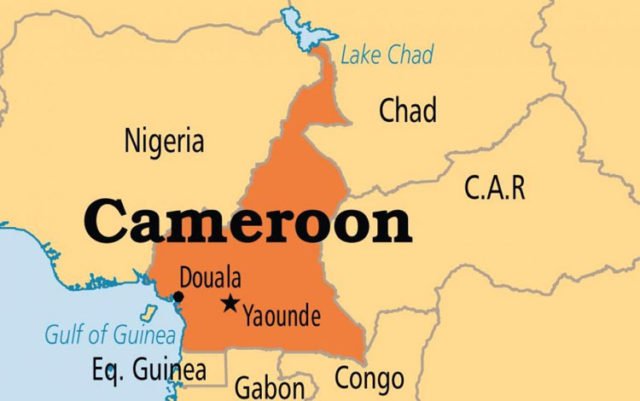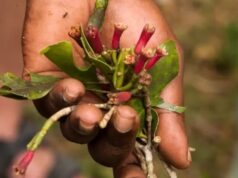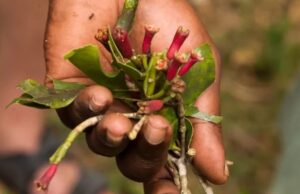
(3 minutes read)
Eric Tankeu came up with An environmentally-friendly solution – recycling the charcoal and turning it into a usable “green gas”. Innovated by Eric Tankeu, this breakthrough has the potential to address the gradual process of deforestation happening in the country.
Tonnes of coal waste are thrown away each year in Douala, the economic capital of Cameroon creating environmental hazards, and polluting air and water alike.
Eric Tankeu came up with An environmentally-friendly solution – recycling the charcoal and turning it into a usable “green gas”. Innovated by Eric Tankeu, this breakthrough has the potential to address the gradual process of deforestation happening in the country. He worked on different green projects to help protect the environment that helped in converting hectares of landmass into thick forests by reusing discarded charcoal waste. He also uses biomass, plastics, household waste, or similar material for this purpose. He has also pioneered a gas stove and a cylinder that can bottle up gas for household purposes to provide a safe and sustainable way for cooking food or heating water.
Also Read:
https://trendsnafrica.com/bird-attack-in-millet-farms-in-cameroon/
https://trendsnafrica.com/cameroon-discovers-300-new-mines/
Only a few in impoverished Cameroon have access to electricity and domestic gas and a vast majority of the population goes without them, making their life miserable., rely on firewood and coal for cooking and covering basic needs. That has put considerable pressure on the country’s forest cover. Ordinary folks cut trees and clear bushes for their household cooking purposes.
The Global Forest Watch (GFW), which also tracks Cameroon’s forest cover online, says Cameroon lost 1.7 million hectares (4.2 million acres) of tree cover between 2002 and 2021, more than 5% of its total. That is worrisome data. The main causes, according to the global organization, are harvesting wood for fuel, logging, and conversion of forests into agricultural land.











